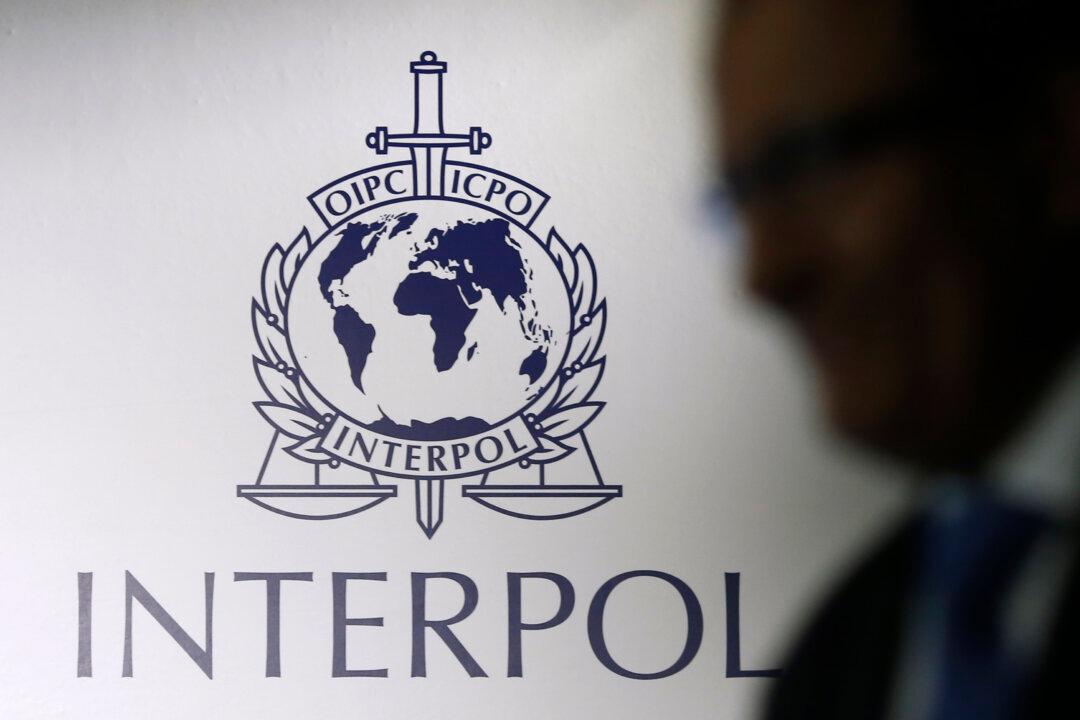A global law enforcement sting targeting West African crime syndicates has led to the dismantling of multiple criminal networks across several continents, asset seizures worth millions of dollars, and hundreds of arrests, according to the International Criminal Police Organization (Interpol).
Dubbed “Operation Jackal III,” the sting spanned 21 countries across five continents and targeted online financial fraud and the West African criminal groups responsible for it, Interpol stated.





